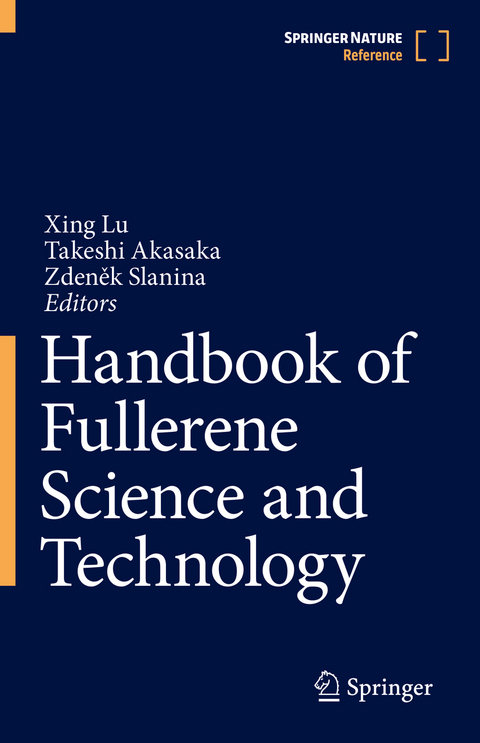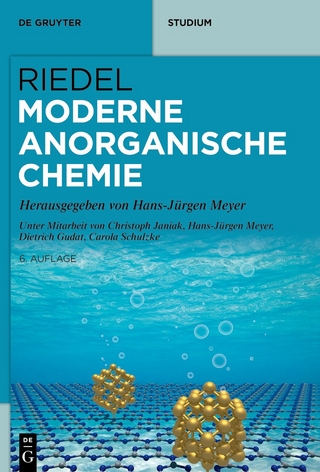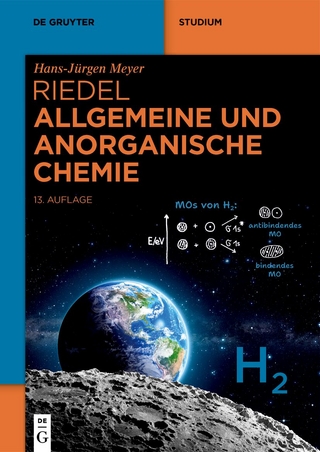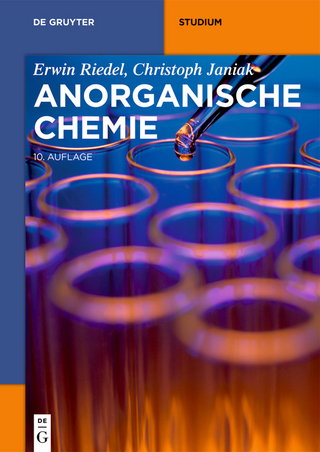
Handbook of Fullerene Science and Technology
Springer Verlag, Singapore
978-981-16-8993-2 (ISBN)
All the covered research topics provide important fundamental knowledge for the natural sciences, but also for applications in molecular electronics, superconductivity, catalysis, photovoltaics and medical diagnostics. The current nanocarbon research activities have particularly high application potential in the conversion of solar energy, future molecular memories, non-conventional materials for optoelectronics,and new treatments for civilization diseases. Offering a truly up-to-date critical survey of nanocarbon science, its concepts and highlights, it follows the concept of a handbook: it addresses key topics systematically, from historical background, methodological aspects, current important issues, and application potential, all supplied with extensive referencing. With individual chapters written by leading experts with extensive research experience, it is a comprehensive reference resource for graduate students and active researchers alike.
Xing Lu is a Full Professor at Huazhong University of Science and Technology. He received his Ph.D. from Peking University (2004) and then he worked as a COE Postdoctoral researcher at Nagoya University, Japan. During 2006-2013, he was a Senior Scientist at The University of Tsukuba, Japan. He is the recipient of The Ambassador Award from the Chinese Embassy in Japan (2009), The Osawa Award from Fullerenes and Nanotubes Research Society of Japan (2011), and The National Science Fund for Distinguished Young Scholars (2019). His research interests lie in the rational design and facile generation of novel hybrid carbon materials with applications in energy storage and conversion. He has published more than 180 peer-reviewed papers in international journals with ~40 at J. Am. Chem. Soc. and Angew. Chem. Int. Ed. Takeshi Akasaka was born in Kyoto. He received his Ph.D. Degree from University of Tsukuba, Japan, in 1979. After working as a Postdoctoral Fellowat Brookhaven National Laboratory, he returned to the University of Tsukuba in 1981. In 1996, he began work at Niigata University as a professor. During 2001-2013, he was a Professor at the TARA Center and Department of Chemistry, University of Tsukuba. After his retirement from the University of Tsukuba in 2013, he was appointed a senior researcher at the Foundation for Advancement of International Science (FAIS) and a Professor Emeritus of the University of Tsukuba. He received the Chemical Society of Japan Award for Creative Work (2000), the Commendation of Science and Technology (Research Category) from the Ministry of Education, Culture, Sports, Science and Technology of Japan in 2011, and the Chemical Society of Japan Award for 2013. His research interests include the chemistry of nanocarbons. Zdenek Slanina was born in the former Czechoslovakia. He received his MA degree from Charles University in Prague and Ph.D. from the (former) Czechoslovak Academy of Sciences where he was also employed between 1971 and 1991, up to the principal-senior-scientist level. After the fullerene-era beginning, he has been active in computational research and teaching at various fullerene research centers like: Hokkaido University, Sapporo; Max-Planck Institute for Chemistry, Mainz; University of Arizona, Tucson; Institute for Molecular Science, Okazaki; University of Tsukuba; Huazhong University of Science and Technology, Wuhan.
1. Our Road to Fullerenes – a personal Account.- 2. Preparation, Extraction/isolation From Soot, and Solubility of Fullerenes.- 3. Total synthesis of C60.- 4. Structural characteristics of fullerenes.- 5. Theoretical Predictions of Fullerene Stabilities.- 6. Fullerenes violating the isolated-pentagon-rule.- 7. Merging Carbon Nanostructures with Porphyrins.- 8. Connecting Fullerenes with Carbon Nanotubes and Graphene.- 9. Chemical reactivity and addition pattern on C60 and C70.- 10. Functionalization of Fullerenes: Addition Reactions.- 11. Radical and photo reactions.- 12. Electrochemistry and Organic Electrochemistry of Fullerenes.- 13. Complexation with Transition Metals.- 14. Optically active fullerene derivatives.- 15. Transition-metal-catalyzed reactions of fullerenes and metallofullerenes.
| Erscheinungsdatum | 17.10.2022 |
|---|---|
| Reihe/Serie | Handbook of Fullerene Science and Technology |
| Zusatzinfo | 280 Illustrations, color; 475 Illustrations, black and white; XVIII, 1035 p. 755 illus., 280 illus. in color. |
| Verlagsort | Singapore |
| Sprache | englisch |
| Maße | 155 x 235 mm |
| Themenwelt | Naturwissenschaften ► Chemie ► Anorganische Chemie |
| Naturwissenschaften ► Chemie ► Physikalische Chemie | |
| Technik ► Maschinenbau | |
| Schlagworte | allotropic modification of carbon • applications of fullerene • Carbon materials • chemical functionalization • endofullerenes • Fullerene • Fullerenes for Photovoltaics • Fullerenes in biomedicine • fullerenes in solar energy • Graphenes • metallofullerenes • Nanocarbon technology • Nanoscale materials • nanotubes • Optoelectronics of fullerenes • properties of fullerene • Self-Assembly • synthesis of fullerene |
| ISBN-10 | 981-16-8993-8 / 9811689938 |
| ISBN-13 | 978-981-16-8993-2 / 9789811689932 |
| Zustand | Neuware |
| Informationen gemäß Produktsicherheitsverordnung (GPSR) | |
| Haben Sie eine Frage zum Produkt? |
aus dem Bereich


